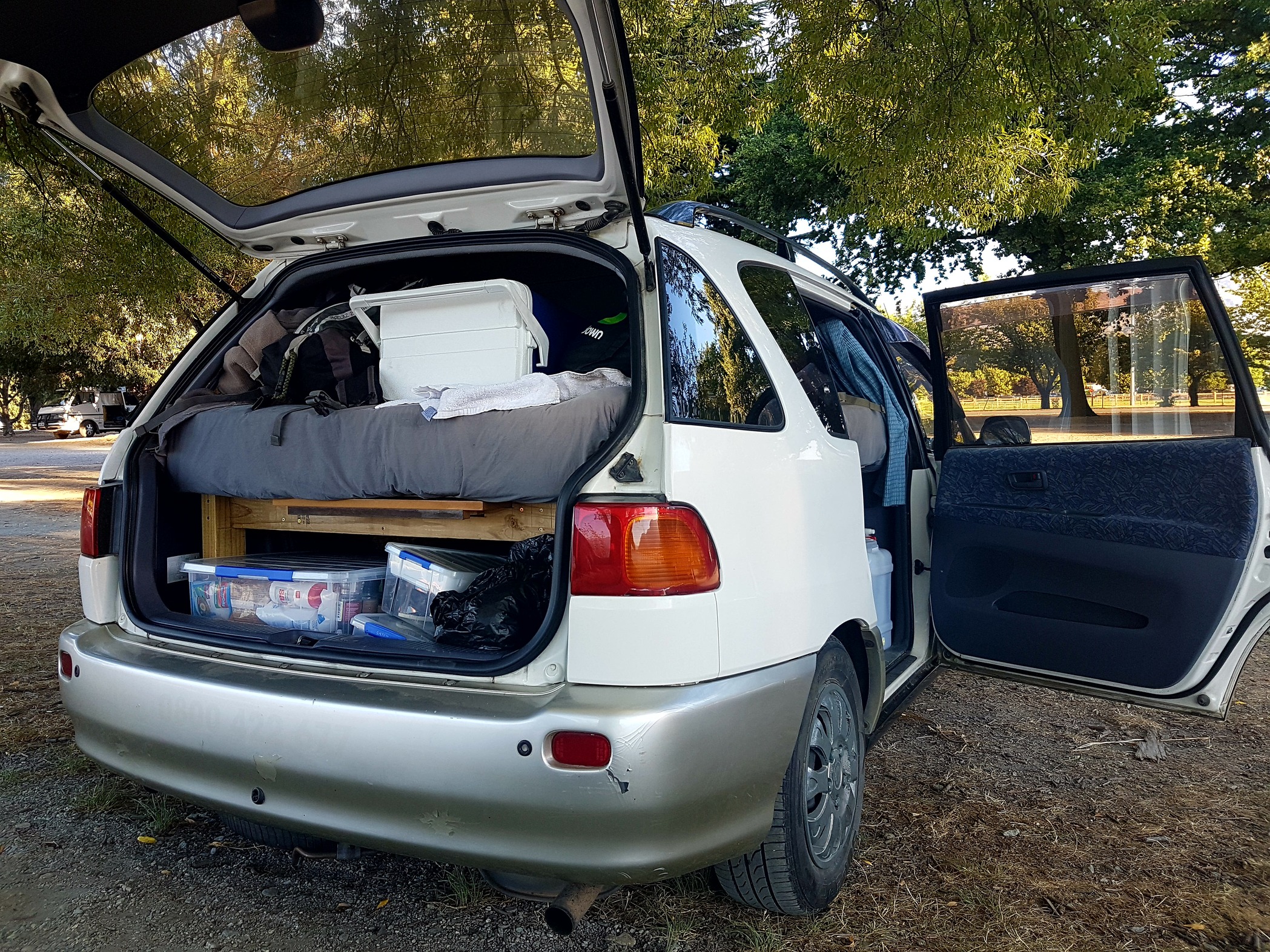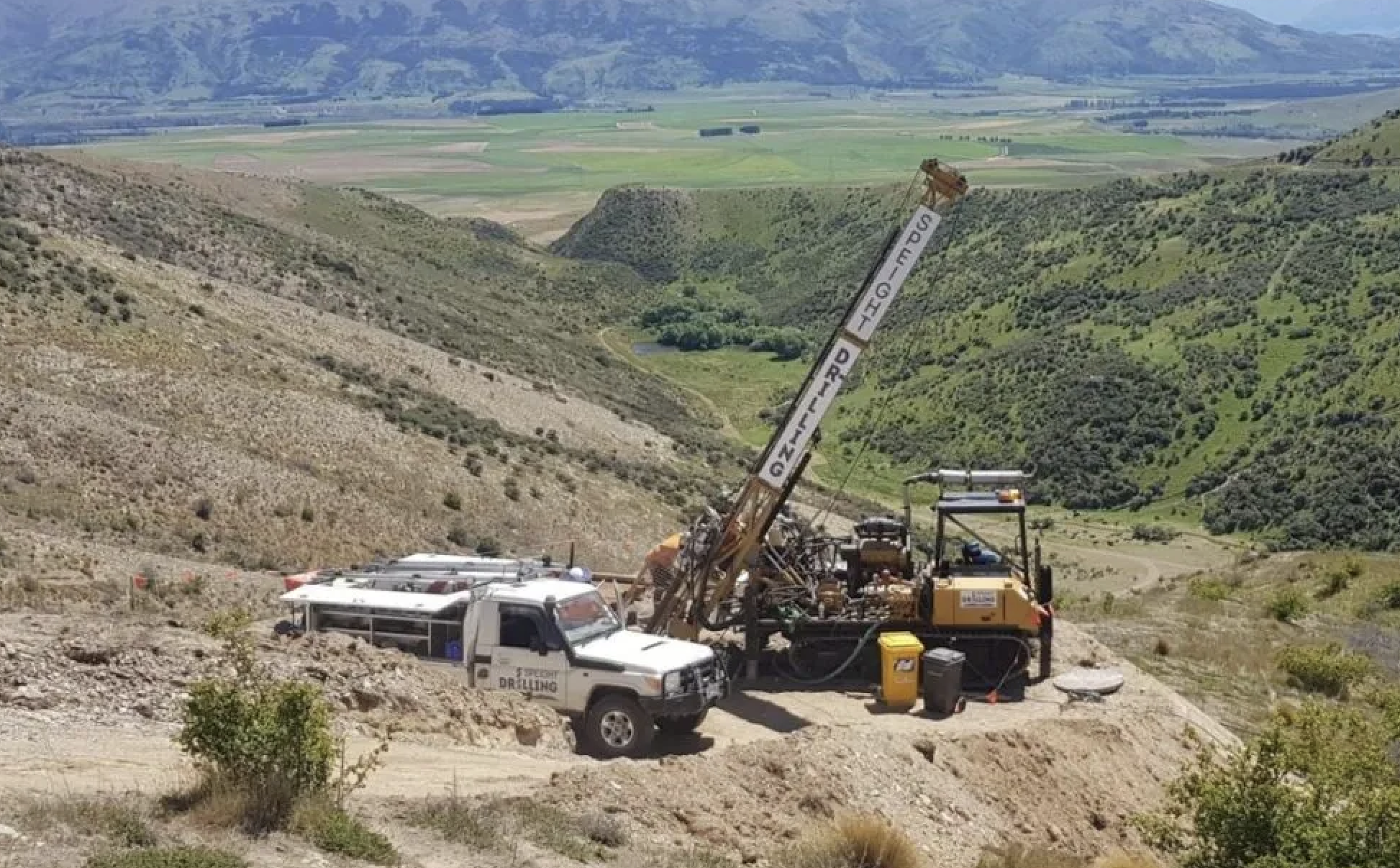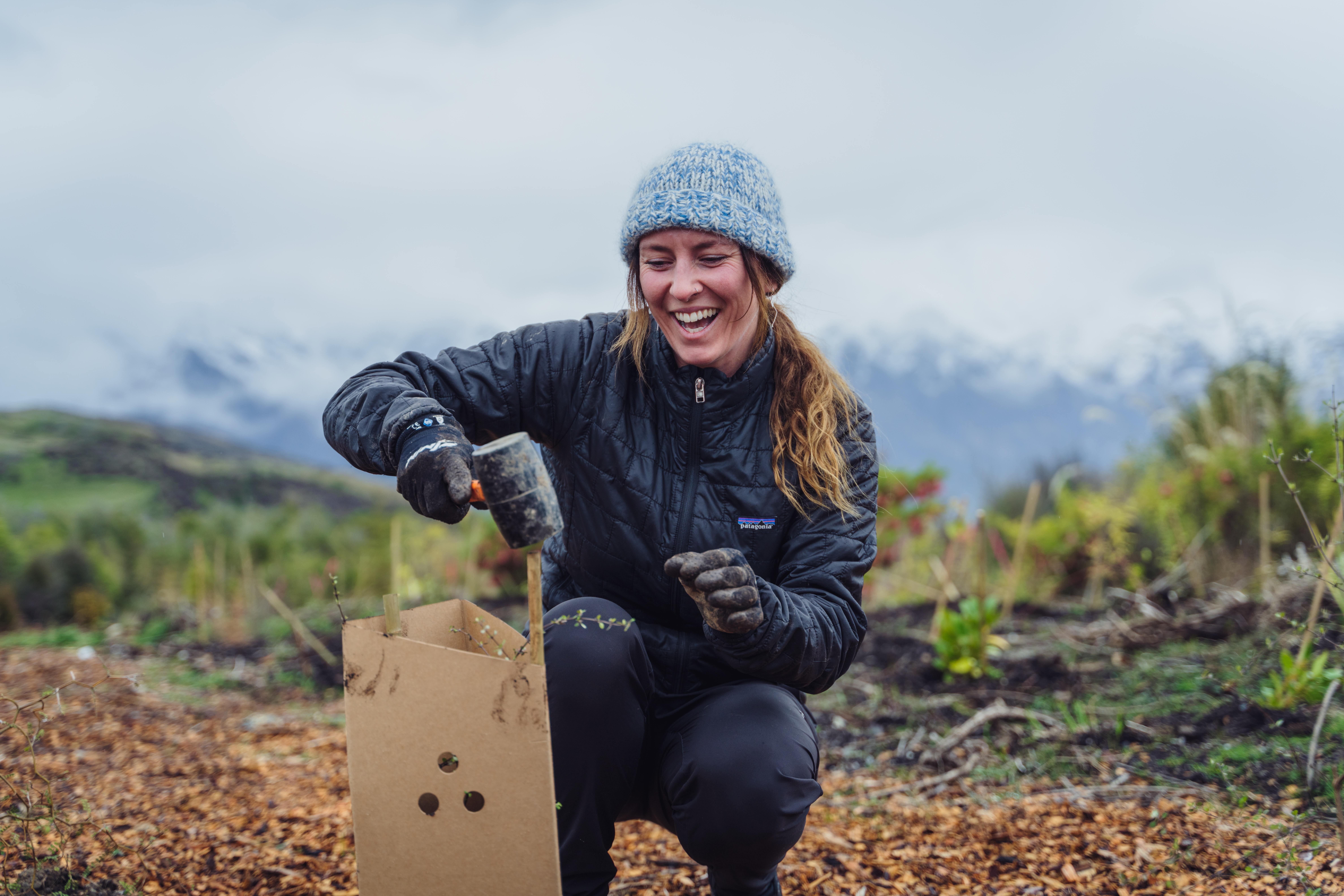Freedom camping bylaw - an ‘unwinnable compromise’
Maddy Harker
03 September 2025, 5:06 PM
 Campers will be permitted on most rural roads and 15 designated sites across the district.
Campers will be permitted on most rural roads and 15 designated sites across the district.The clash between what residents want from a new freedom camping bylaw and what Queenstown Lakes District Council (QLDC) can legally enforce was on display at a hearing last week.
Approximately 70 people spoke across two days of hearings on Tuesday and Wednesday (August 26 and 27), part of the process to finalise a new bylaw in time for another busy summer.
Many residents used the hearing to call for stricter rules, saying the draft bylaw does not go far enough.
Councillor Cody Tucker, who sat on the hearings panel, said the gap between those expectations and the council’s legal powers was notable.
“The big takeaway for me was there's a clear steer from the community on how they would like to see the issue managed practically, then the legally defensible version council has drafted that speaks more directly to the abilities to manage it under the Freedom Camping Act.”
The draft bylaw, if approved, will allow freedom camping at 15 designated sites across the district, most of them carparks and some centrally located. In the Upper Clutha, they include the Wānaka Recreation Centre, Allenby Place and Beacon Point Road.
Camping would also be permitted on most rural roads but not many urban ones.
Submitters said this approach was too permissive, taking issue with the pressure on neighbourhoods, the risk of waste being left behind, the effects on camping grounds and more.
Their concerns follow a summer when QLDC recorded “concerning levels of non-compliance” – including campers stringing up washing lines, setting fire pits, toileting in the bushes, and rubbish dumping.
Concerns about freedom camping in Queenstown Lakes have been growing for years, as the district has become one of the country’s most popular for visitors - many of them choosing to camp in their vehicles for free.
Some submitters at the hearing called for an entirely different model, where campers must pay to stay in designated camping grounds, while others called for a tighter definition of what defines ‘freedom camping’.
The gap between what residents want and what council can do comes down to the Freedom Camping Act, which gives councils only three reasons to create a bylaw: protecting access, protecting health and safety, or protecting the values of an area.
The limits were made clear in 2022 when the High Court struck down QLDC’s previous bylaw, ruling councillors had been influenced by “irrelevant matters” such as impacts on campgrounds and nearby properties.
This time, QLDC says it has taken a robust assessment process to ensure the draft is as legally sound as possible.
Cody acknowledged that meant the bylaw could not go as far as some residents wanted.
“This was always going to be an unwinnable compromise, I think,” he said.
Still, he said other tools could help, such as booking systems, partnerships with Land Information New Zealand, clearer signage and mapping, and the use of freedom camping ambassadors.
Cody and fellow councillors Gavin Bartlett and Lisa Guy, who sat on the hearings panel, will now weigh possible amendments before the draft goes to the full council on October 9.
PHOTOS: Supplied







